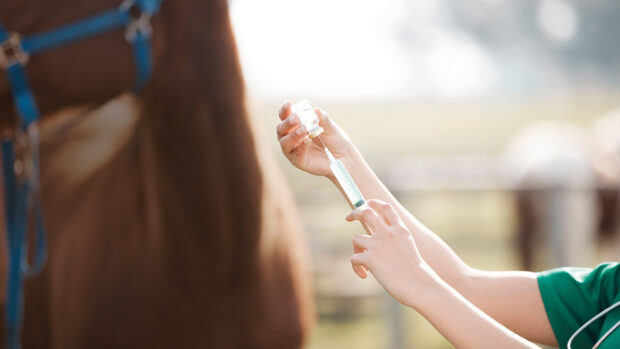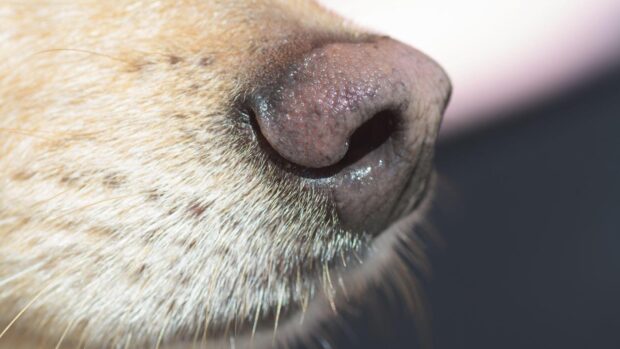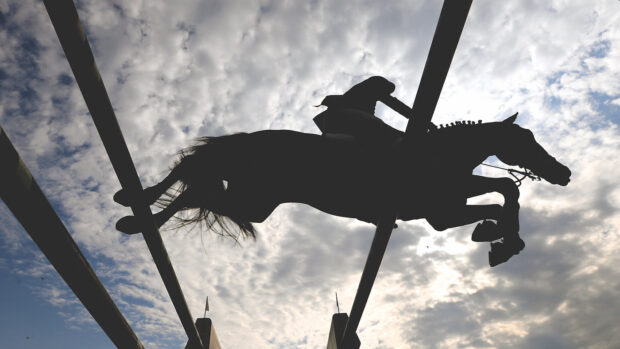Polo players will be randomly tested for alcohol and drugs at the side of the pitch in the UK, with the result immediate.
The sport’s governing body in Britain, the Hurlingham Polo Association (HPA), is initiating a new regime for its drug-testing of amateur and professional players at all handicap levels.
Aside from racing, it is the first equestrian sport in the UK to introduce tests for alcohol.
“Polo is a fast contact sport and any substance that might affect a player’s judgement or reaction times can be dangerous,” said HPA chief executive David Woodd.
“I don’t think players use performance-enhancing drugs but, as in any segment of society, there’s always a potential problem with ‘recreational’ substances.”
Mr Woodd said the tests with government-approved breathalysers will be done by the HPA’s doping control officer if a player is believed to have been drinking.
Random tests for other banned substances — including recreational drugs — have been carried out previously, but new pitch-side saliva tests will now be used to detect a wider range of banned substances and give an immediate result.
The Breath Alcohol Content (BrAC) limit in polo has been set at 17 microgrammes of alcohol per 100 litres of breath — half that of the current UK drink-drive limit.
The sport’s doping regulations have been rewritten. A third offence for cannabis can lead to a three-year competition ban and a £5,000 fine; for cocaine, a player can be expelled from competing in Britain.
Players found over the alcohol limit will be stood down and may be disciplined by stewards. But the measures have been welcomed by the industry.
Four-goal player Jamie Morrison told H&H: “Anything that can improve the safety of the game is brilliant. Being drunk on a horse can’t be good for you or others. Polo is a sociable sport, but players should be able to wait until after the game to have a drink.”
Six-goaler Tom Morley also heartily backed the idea. “People don’t drink before a match these days — the only time they may be over the limit is from the night before, but even that doesn’t happen at top level,” he said.
Polo is following in the footsteps of racing, which banned drinking and riding in 2003. But breathalysers are not used in showjumping, dressage and eventing.
British Dressage chief executive Amanda Bond told H&H: “Alcohol is not tested for because it is not currently a prohibited substance under either national or international rules for dressage.”
British Equestrian Federation (BEF) chief executive Andrew Finding said: “Alcohol is prohibited for some sports under the WADA [World Anti-Doping Association] code, this applies mostly to the ‘shooting’ sports but not equestrian sport.
“The BEF promotes high levels of professionalism and the presentation of athletes ready to compete to the best of their ability and competence.”
This article was first published in Horse & Hound (12 August, ’10)



